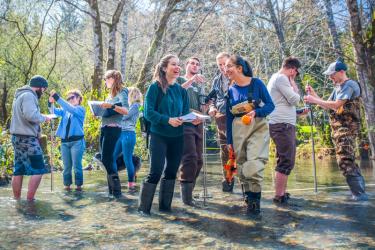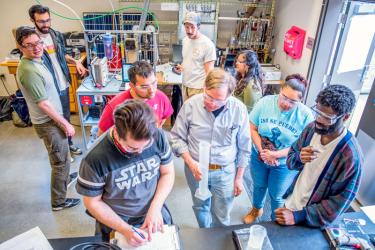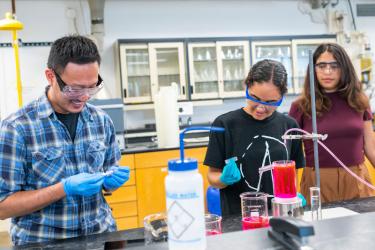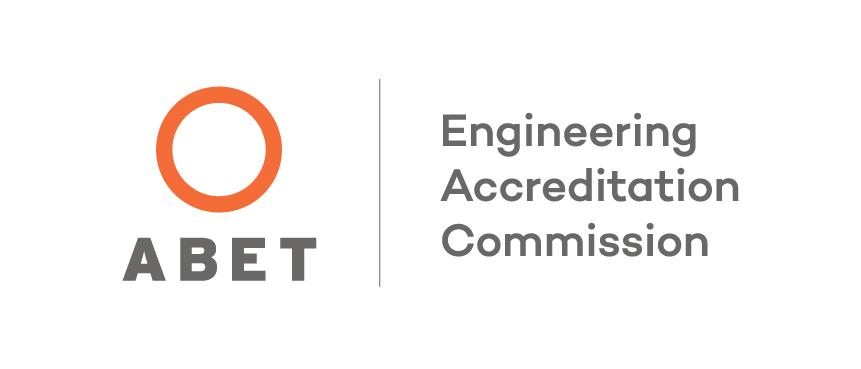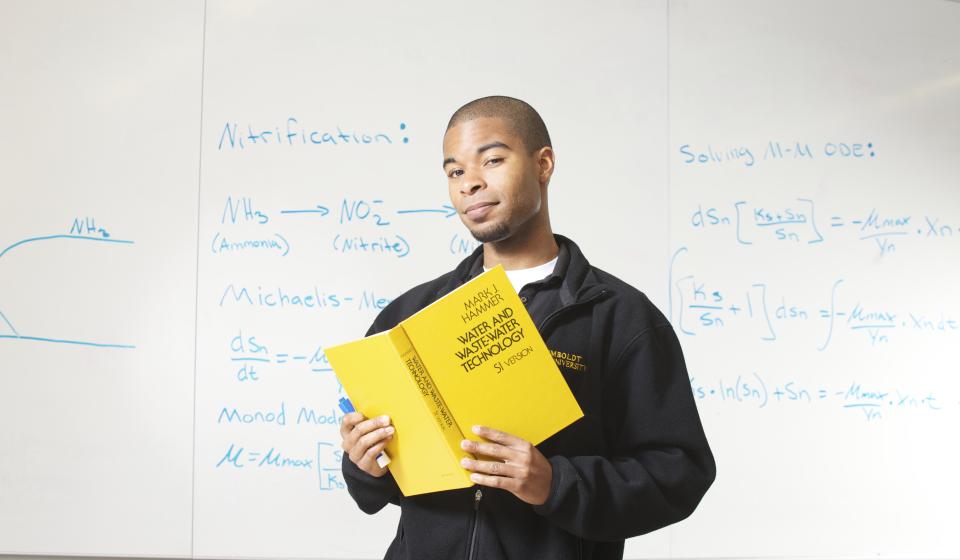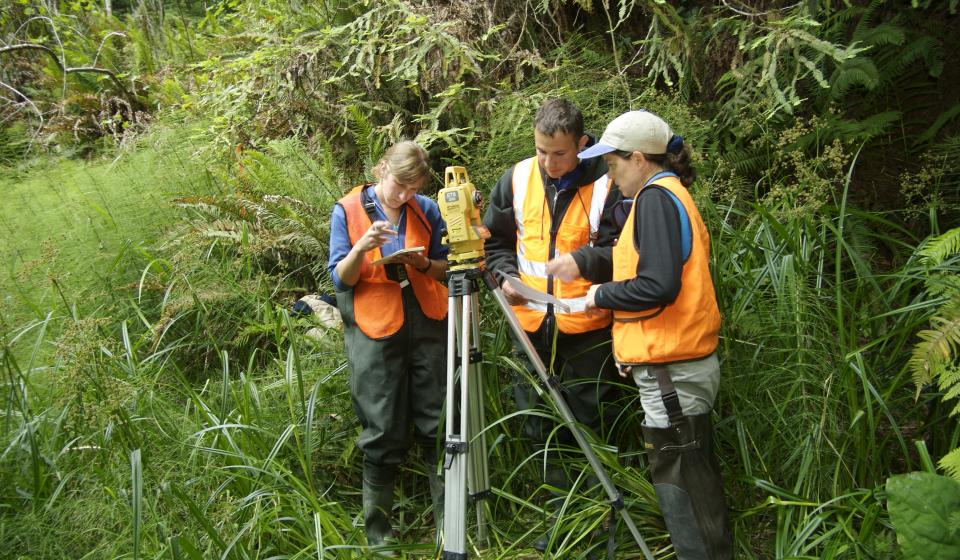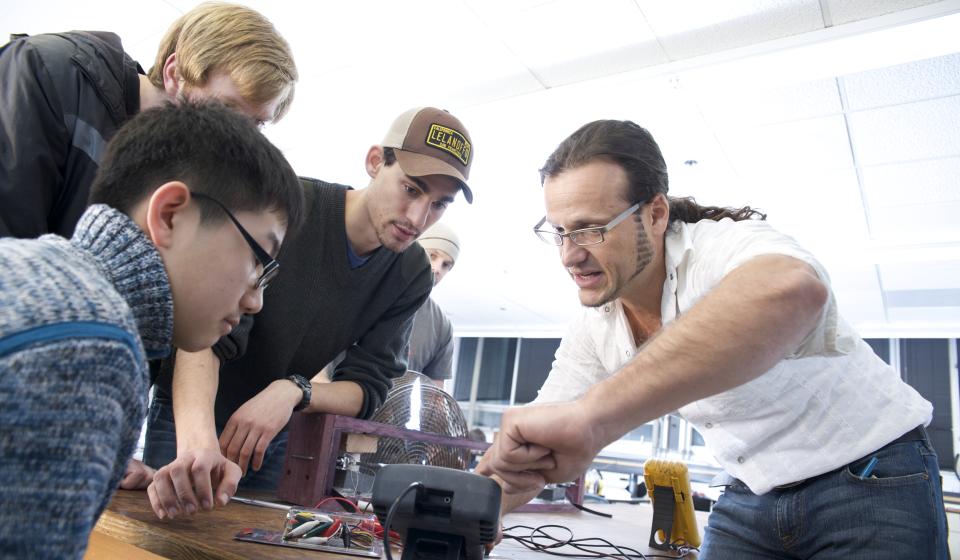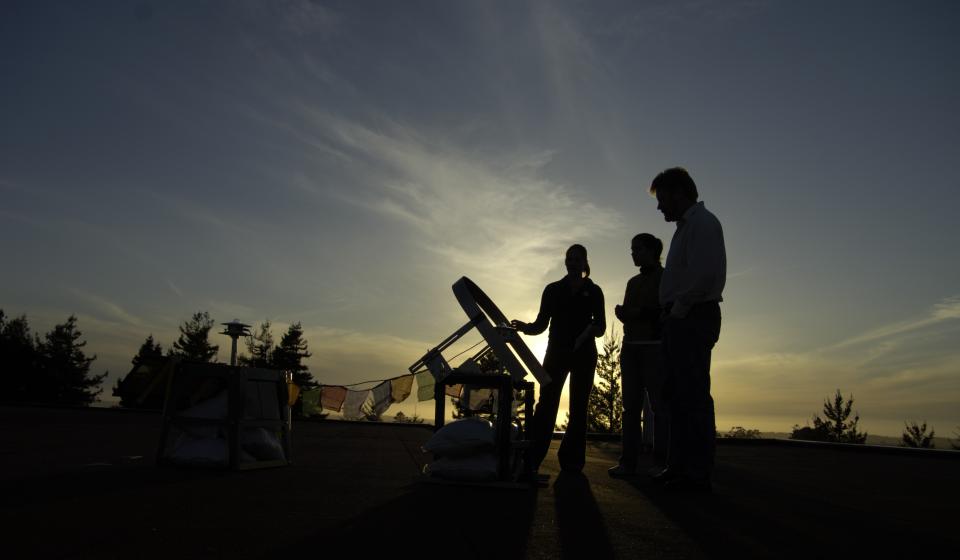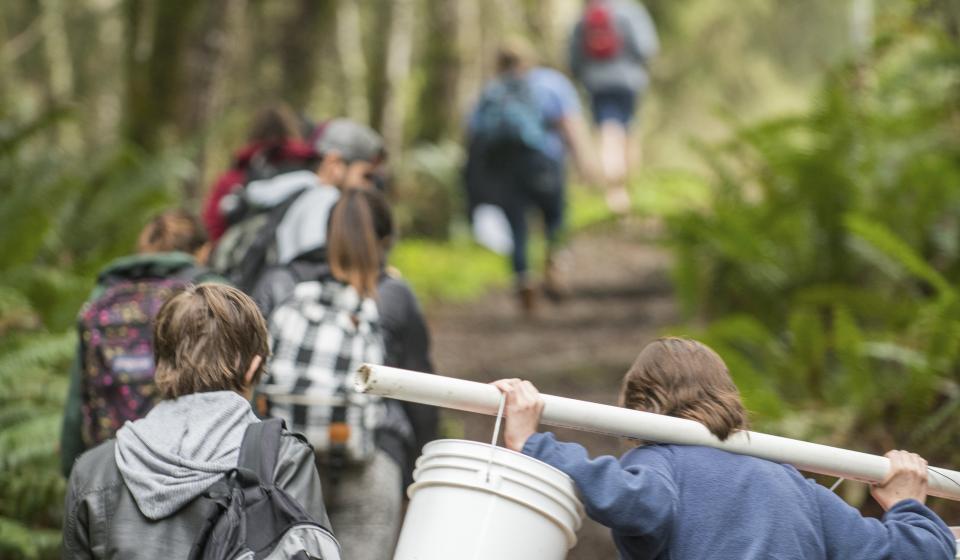ERE Academic Honesty Policy
ERE Policy
Students who commit plagiarism or cheat will certainly receive an F on the assignment and will be reported to the Dean of Students. The consequences will almost always include a disciplinary F in the course as well, at the discretion of the faculty member.
Why we have this policy
The American Society of Civil Engineers Code of Ethics includes Canon 5 which states, “Engineers shall give proper credit for engineering work to those to whom credit is due, and shall recognize the proprietary interests of others. Whenever possible, they shall name the person or persons who may be responsible for designs, inventions, writings or other accomplishments.” ERE graduates, their employers, ABET, all licensed professional engineers and society in general want the integrity of the ERE program upheld. Thus the ERE faculty expect ERE students to behave in a way that upholds the ethics of the engineering profession. Ethical behavior includes avoiding plagiarism in all creative works. ERE students are explicitly taught to recognize and avoid plagiarism in many ERE courses, including ENGR 115, ENGR 215 and ENGR 492.
Defining plagiarism
Plagiarism (the unacknowledged use of materials or ideas prepared by others) and cheating are very serious offenses that will almost always result in failure of the course, and if done repeatedly, possible expulsion from the CSU system. Plagiarism and cheating are also offenses to one’s personal honor and to one’s respect for one’s own personal capabilities. All ERE student assignments (including, for example: web pages, journal articles, homework, programs, or Excel spreadsheets) are expected to be one’s own original work, and one is expected to properly reference material that one uses which is not one’s own original work. Students should consult with the course instructor before using any of their own work from another course. If a student is not sure what is considered plagiarism, that student should consult with their instructor. It is each ERE student’s responsibility to know this department policy and Cal Poly Humboldt’s policy regarding academic honesty.
Avoiding plagiarism
The ERE department encourages students to work with others to learn difficult material, as long as each person is responsible for their own learning. When a student works with others on significant documents, then the student must indicate the names of all collaborators. It is unethical to represent someone else's work as one's own. The ERE department may use TurnItIn or other software to check ERE student work for plagiarism.
Our departmental policy builds on Humboldt Policy of Academic Honesty. Both are in effect for ERE students: http://studentrights.humboldt.edu/academic-honesty
How to Apply
So environmental resources engineering sounds interesting, but you are still not sure if Humboldt is right for you? Explore what Humboldt has to offer to both freshman and transfer students.
Paperwork
For paperwork and forms such as major and minor contracts, course planning guides, semester schedules, course rotations, office hours and more, visit our forms page!

